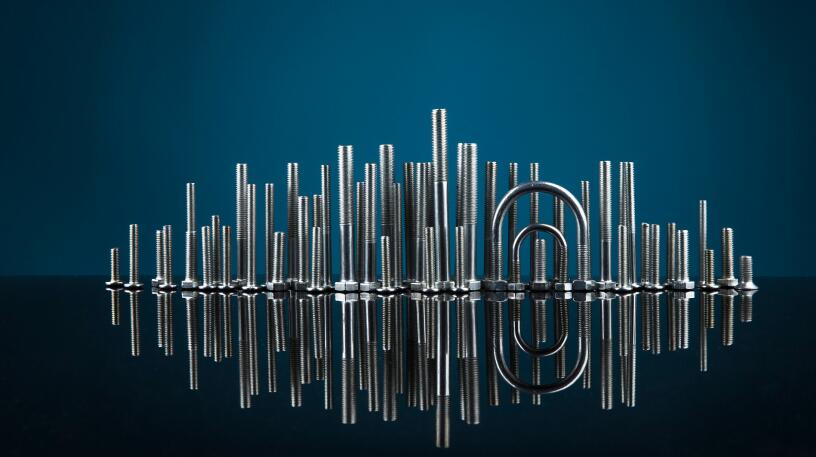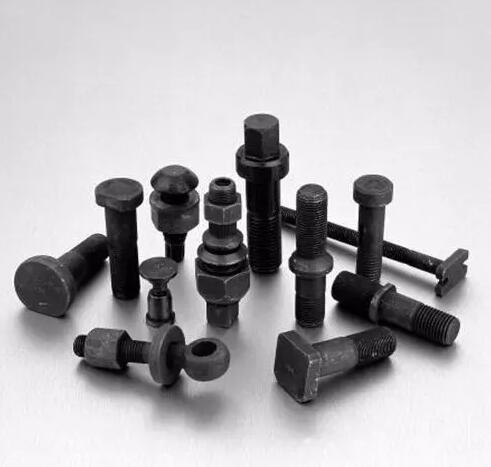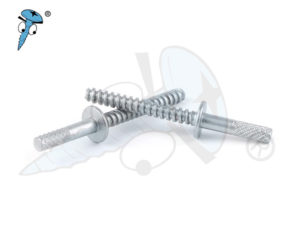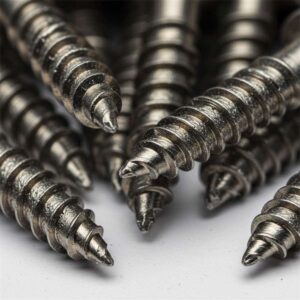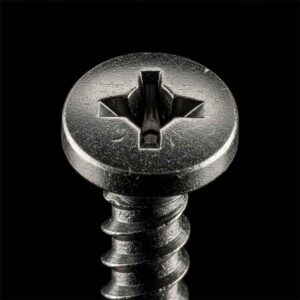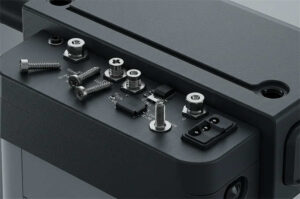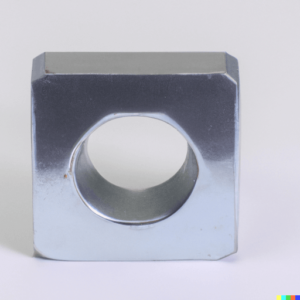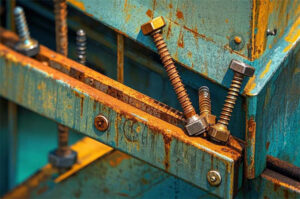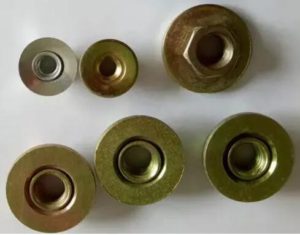Stud vs. Bolt
Bolts and studs are types of threaded fasteners that are commonly known for their use in manufacturing, mechanical, automotive, and other applications. They both serve a similar purpose to join/affix two materials together in a strong and tight hold.
These fasteners also come in variations of types, shapes, sizes, and functions. To understand the difference between a stud and a bolt let’s get to know their features and characteristics.
To differentiate studs from bolts, studs are metal rods with threaded shafts and are generally headless in appearance. They can be full or partially threaded in the body. And to add, studs are relatively larger than bolts or even screws. While bolts have evident head and head styles on the other end of their point. They are used in different kinds of applications like construction, automotive, machinery, and more.
Prince Fastener carries the best-priced and high-quality studs and bolts from China. We offer a wide capability in manufacturing custom specifications and standard fasteners. When you need the right fastener for your next project, our company has the solution for a different range of applications.
Read Here: What are the basic types of bolts?
What are nut and bolt fasteners?
Where can I get a low-price nut and bolt from China?
Types of Studs
Full Thread Stud Bolt – has uniform threads over the full length of the component. Usually, this type of stud doesn’t carry a chamfered end.
Flange Stud Bolt – also has a full or continuous thread in a shaft with chamfered ends.
Double End Stud – refers to the type of stud bolt with an equal length of threads on each side and a middle non-threaded part.
Tap End Stud – is similar to double-end studs but with an unequal length of threads in ends.
Conclusion
In contrast, studs are typically preferred over bolts in most mechanical applications because they are likely less to twist during torque. Yet bolts are less expensive and even so more readily available on shelves. They also provide an easier installation process than studs.
It is important to know the difference between the types of fasteners to use them properly and identify the right fastener that will work in your next project. Knowing the capabilities and strength of the studs or bolts will inhibit the success and safety of your assemblies. And is also necessary to consider a reliable source of fasteners that proposes the best and caliber-rated components.
